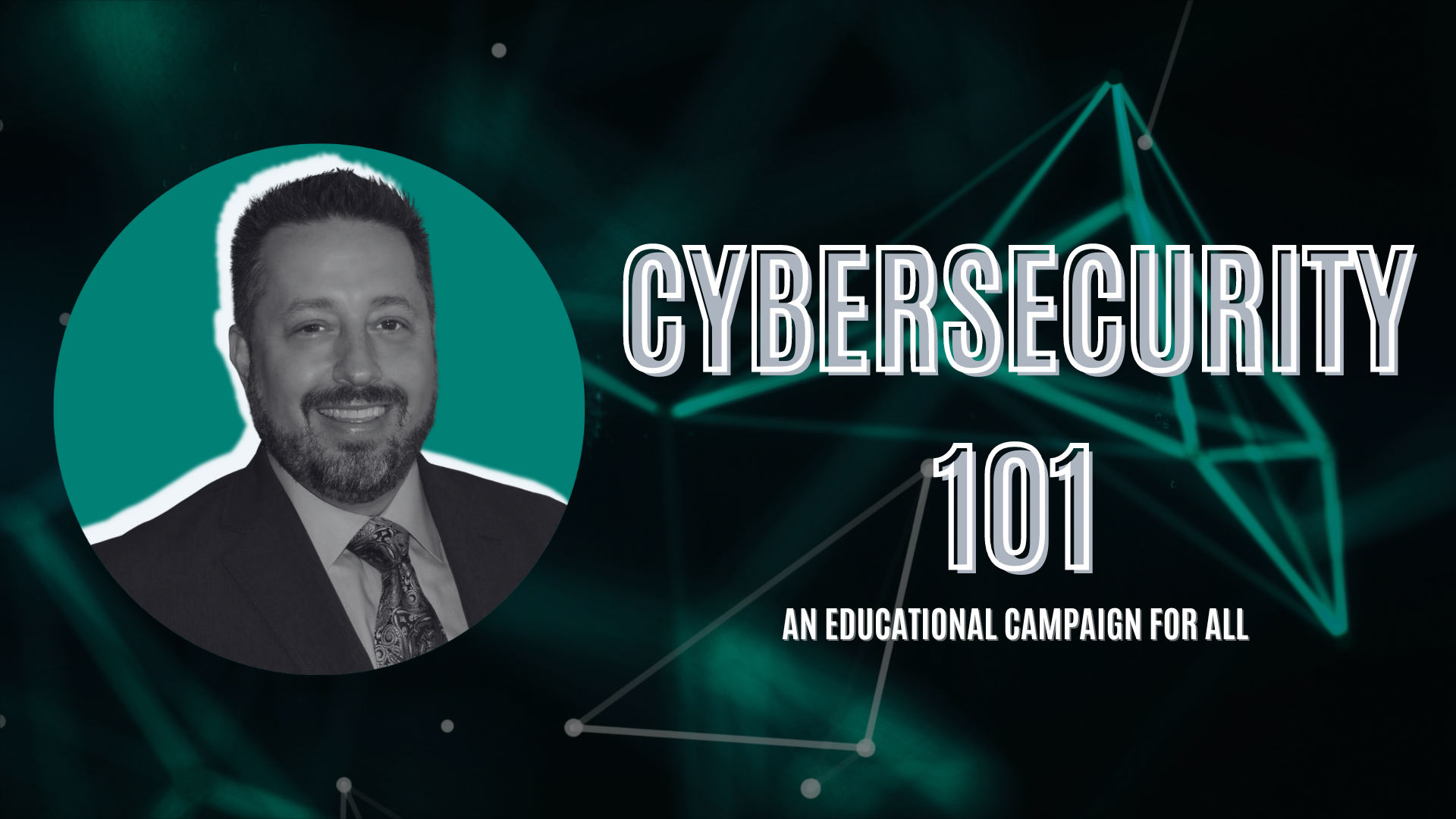That's Not Your CEO: The AI Voice Scam Targeting Ohio Businesses
That's Not Your CEO on the Line Picture this: It’s a hectic Thursday afternoon. You’re trying to close out the week, and the phone rings. It’s your...
3 min read
Monreal IT : Updated on October 15, 2024

As AI continues to revolutionize industries, it’s bringing both incredible benefits and new challenges for cybersecurity. While AI helps streamline operations, enhance decision-making, and improve customer experiences, it’s also being weaponized by cybercriminals to enable more advanced, harder-to-detect threats. In this evolving landscape, businesses must adapt and fortify their defenses against AI-powered cyber-attacks without succumbing to fear, but with informed, strategic action.
AI technology, at its core, excels in analyzing vast amounts of data, recognizing patterns, and making decisions at incredible speeds. Unfortunately, these very strengths are being exploited by malicious actors. AI-powered threats, such as autonomous malware, AI-generated phishing emails, and deepfake-based scams, are becoming more common. These attacks use machine learning algorithms to continuously refine their techniques, making them more elusive than traditional cyber threats.
One of the most concerning aspects of AI-driven attacks is their ability to rapidly evolve. For example, AI can automatically generate phishing emails that mimic the language and tone of trusted contacts, making them nearly indistinguishable from legitimate communications. This adaptive nature means that traditional defenses may not be enough to keep up with the fast-changing tactics of cybercriminals.
Several recent incidents illustrate the growing use of AI in cybercrime. For example, in a high-profile case, cybercriminals used deepfake technology to impersonate a CEO’s voice, successfully convincing a company executive to transfer over $240,000 to a fraudulent account. This type of attack highlights how AI is being used not only to replicate human voices and faces but also to manipulate trust and create convincing deceptions that would have been impossible a few years ago.
Another example is AI-enhanced malware, which can adapt its behavior based on the system it infiltrates. Once inside a network, AI malware can evade detection by modifying its patterns to appear harmless while silently gathering data or disabling security protocols. These threats are growing in complexity and frequency, underscoring the criticality that businesses be proactive in their cybersecurity efforts.
While AI is being exploited by cybercriminals, it’s also becoming a vital tool in the fight against these threats. Organizations can leverage AI to strengthen their cybersecurity defenses by improving defense tactics such as threat detection and incident response. AI-powered security tools can analyze network traffic, user behavior, and system anomalies in real-time, allowing for faster detection of unusual activities that may indicate a breach.
For instance, AI-driven security systems can quickly identify and block malicious traffic, such as a denial-of-service (DDoS) attack, before it impacts business operations. AI is also used in automated threat hunting, where it proactively searches for vulnerabilities or signs of compromise, often identifying issues before they can be exploited by attackers. These capabilities significantly speed up the detection and response to cyber threats, which is essential for minimizing damage.
To safeguard against AI-powered cyber threats, businesses need to adopt a multi-layered cybersecurity approach. A good first step: Implement AI-enhanced solutions that actively monitor and respond to cyber threats. These tools should be integrated with other security measures, such as firewalls, endpoint protection, and intrusion detection systems, to provide comprehensive coverage.
Employee education is another critical element in defending against AI-generated attacks. Phishing emails and deepfake scams often target individuals within an organization, so training staff to recognize these sophisticated attacks is essential. Regular training sessions and security awareness training, such as simulated phishing, can help employees be more alert and act as the first line of defense against such threats.
Moreover, businesses should prioritize regular software updates and patch management to reduce vulnerabilities. Cybercriminals often target outdated software with known flaws, so keeping systems up to date is a simple yet effective way to reduce the risk of AI-powered attacks.
Engaging with cybersecurity experts is an important strategy for businesses looking to stay ahead of AI-driven threats. These experts can assess current vulnerabilities, recommend advanced AI-powered security tools, and design a tailored incident response plan. In addition, working with a Managed Security Service Provider (MSSP) can offer continuous monitoring and rapid response to any potential security incidents, further strengthening your organization’s defenses.
Cybersecurity professionals also have the experience and knowledge to navigate the complexities of AI-related threats, providing valuable insights that go beyond what automated tools can offer. Partnering with experts allows businesses to take advantage of the latest developments in AI-based security solutions and benefit from ongoing support as new threats emerge.
At Monreal IT, we specialize in cutting-edge Managed IT Services in Cleveland that offer comprehensive cybersecurity solutions tailored to meet your specific needs. We ensure your business is protected against AI-powered threats with the latest technologies and industry expertise.
As AI continues to advance, so too will the threats posed by its misuse. However, by staying informed, investing in the latest cybersecurity technology, and fostering cybersecurity awareness, organizations can protect themselves from the growing wave of AI-powered cyber-attacks.
The future of cybersecurity will be defined by the balance between offensive and defensive AI capabilities. While cybercriminals will continue to leverage AI for increasingly sophisticated tactics, those equipped with AI-driven security solutions and a proactive cybersecurity strategy will be well-positioned to defend against these emerging threats. The key is to stay one step ahead, investing in the right tools, training, and expertise to keep your organization safe.
AI is transforming the cybersecurity landscape for better and worse. While AI-powered cyber threats present new challenges, they also offer opportunities for businesses to enhance their defenses. By embracing AI-driven security measures, staying informed about emerging threats, and investing in employee education and expert support, businesses can safeguard against the next generation of cyber-attacks and thrive in an increasingly digital world.

That's Not Your CEO on the Line Picture this: It’s a hectic Thursday afternoon. You’re trying to close out the week, and the phone rings. It’s your...

Artificial Intelligence. It’s the buzzword that’s either going to save humanity or, you know, lead to a very polite robot uprising. While we’re not...

In an era where cyber threats are escalating at an alarming rate, education and awareness have never been more crucial. Bill Monreal, the CEO and...